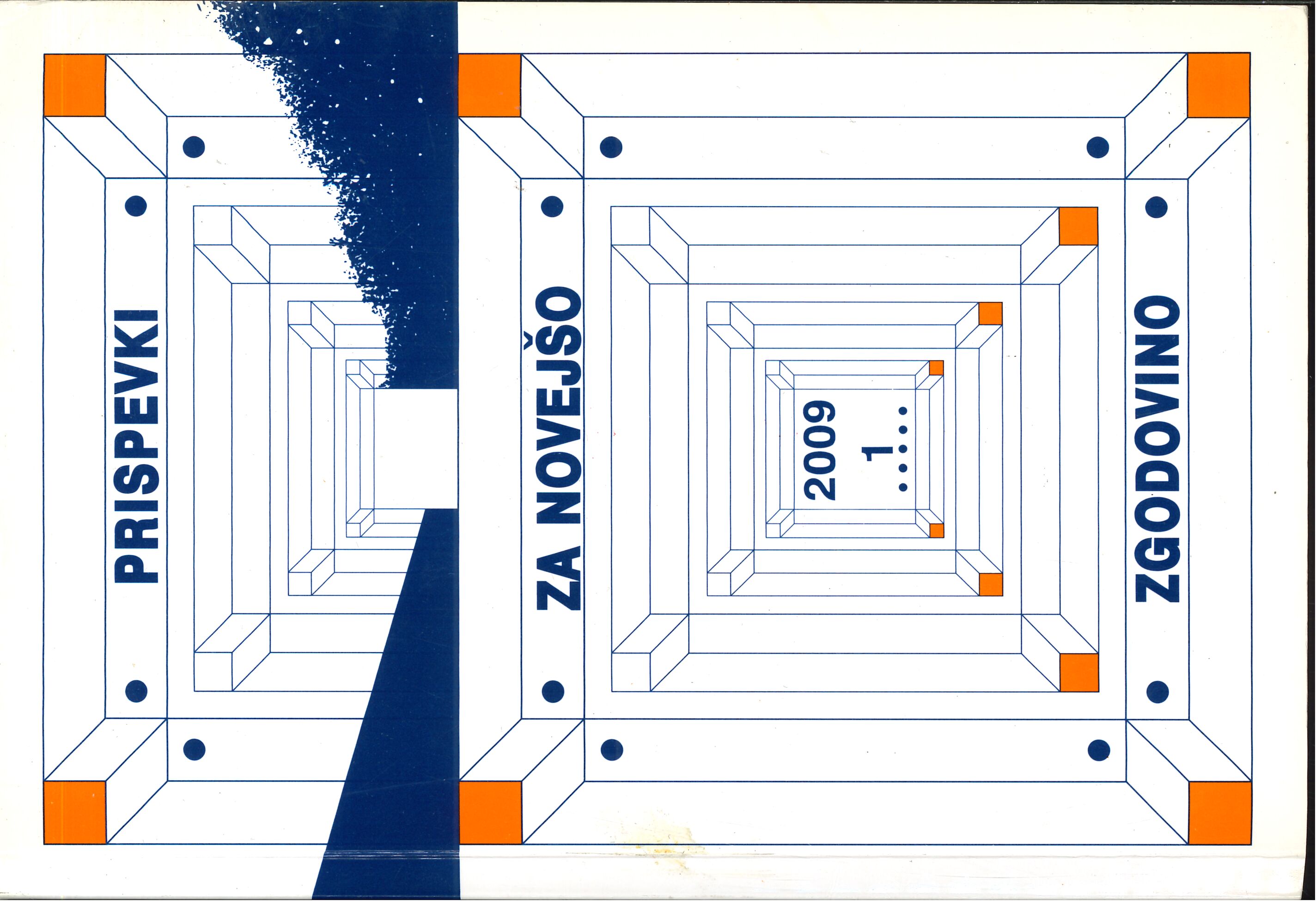Political and Ideological Standpoints of the Slovenian Parties and State Administration Authorities to the Establishment of the Army 1918-1919
Keywords:
State of Slovenes, Croats and Serbs, Kingdom of Serbs, Croats and Slovenes, Slovenian politics, SHS National Government in Ljubljana, Provincial Government for Slovenia, armed forces, question of bordersAbstract
At the turn of 1918, Slovenian politics and Slovenian state administration authorities formed a distinctive attitude to the question of social and political role as well as the character of the armed forces. The SHS national government in Ljubljana and Slovenian political parties saw their role in ensuring a stable security situation and in solving the issues of Slovenian national borders. Already in the time of the State of Slovenes, Croats and Serbs (29 October - 1 December 1918) the armed forces of the time were deemed as Yugoslav Army units, but simultaneously the Slovenian National Army was also written about. After the establishment of the Kingdom of Serbs, Croats and Slovenes on 1 December 1918, in Slovenia the armed forces were understood in the sense of Yugoslav armed formations. All of the Slovenian state and political factors at that time argued for the assertion of a modern, anti-militaristic spirit of the new army. As a social and political factor, decisively protecting the vital national interests, the new army was supposed to be based on humane, rightful and proper relations between the officers and soldiers.
Downloads
Published
Issue
Section
License
Authors who publish with this journal agree to the following terms:
- Authors retain copyright and grant the journal right of first publication with the work simultaneously licensed under a Creative Commons Attribution License that allows others to share the work with an acknowledgement of the work's authorship and initial publication in this journal.
- Authors are able to enter into separate, additional contractual arrangements for the non-exclusive distribution of the journal's published version of the work (e.g., post it to an institutional repository or publish it in a book), with an acknowledgement of its initial publication in this journal.
- Authors are permitted and encouraged to post their work online (e.g., in institutional repositories or on their website) prior to and during the submission process, as it can lead to productive exchanges, as well as earlier and greater citation of published work (See The Effect of Open Access).


